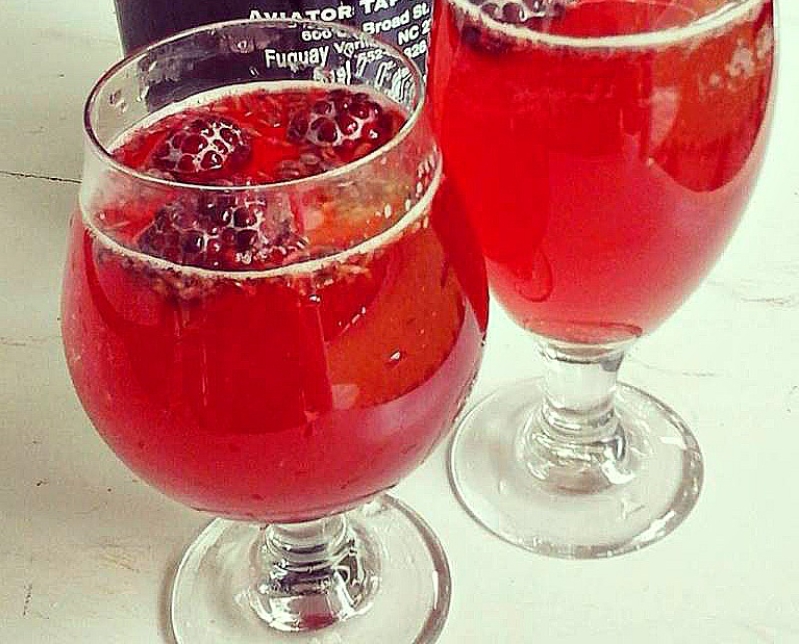
Miracle mushroom, champagne of life, sea treasure, even gift of life. In America, the term most often utilized is kombucha---and, judging by its ancient reputation, something historically prized. Yet, while kombucha has enjoyed popularity worldwide, it practically only just made its U.S. appearance in the 1970s. Remarkably, kombucha has more than compensated for this brief span with increasing popularity. Buchi, GT Dave's and Celestial Seasonings are now among commercial brand names gracing most grocery store shelves. At the expense of about $4 a pint, however, many households are now turning to homemade kombucha---a concoction surprisingly easy and cheap to make, costing a drastically more affordable estimate of $3 per gallon.
Ironically, little is known about the actual history of kombucha. Some say the culture originated in Egypt; others report a lengthy background in Russia. In fact, kombucha is served in Russian hospitals by the quart to the seriously ill, even today. The Weston Price Foundation esteems the scientific composition of kombucha as follows:
"Kombucha is rich in B vitamins and a substance called glucuronic acid which binds up environmental and metabolic toxins so that they can be excreted through the kidneys. Glucuronic acid is a natural acid that is produced by the liver. Kombucha simply supplies the body with more and boosts the natural detoxification process. Glucuronic acid is also the building block of a group of important polysaccharides that include hyaluronic acid (a basic component of connective tissue), chondroitin sulfate (a basic component of cartilage) and mucoitinsulfuric acid (a building block of the stomach lining and the vitreous humor of the eye)."
Dr. Axe continues to relay the natural reaction to these beneficial acids:
"Some research has shown kombucha's ability to prevent and heal leaky gut and stomach ulcers. No surprise to us, in some instances it's even proven to be as effective as drugs like Prilosec, which are commonly prescribed for heartburn, GERD and ulcers."
The scoby, or culture, is an obscure little thing, indeed. The word scoby is itself an acronym for "symbiotic colony of bacteria and yeast," and has an appearance very much akin to a fleshy organ or mushroom. Despite it disfavorable appearance, however, the finished product is a sparkling beverage with a hint of apple juice. Those who feel experienced enough to get creative can flavor the fermented tea with herbs, fruits in a second fermentation and custom to the desires of their palate and personal needs. The result is a healthy, economical drink, likened for its flavor and carbonation to a soft drink. Because of its nature of heavy detox, however, kombucha should be consumed with great care, particularly at first. As in the case with other medicines and probiotic forms, the "booch" should be treated medicinally, with new-drinkers consuming no more than about two ounces daily, working up weekly as the body adjusts and adapts.
A simple, one-gallon recipe involves brewing three quarts of sweet tea (one cup of sugar and 5-6 tea bags); once the tea is cooled to room temperature, empty into a glass vessel of sufficient size, along with starter tea and scoby. Cover the opening with a breathable towel, woven tightly enough to keep out fruit flies, and allow to ferment for about one week. Scoby cultures can be purchased through various companies such as Kombucha Kamp. A word of caution: when a brewer begins this adventure, kombucha quickly becomes an obsession! There exist plenty of Facebook forums and groups for kombucha-lovers to swap information and tips. Happy brewing!







